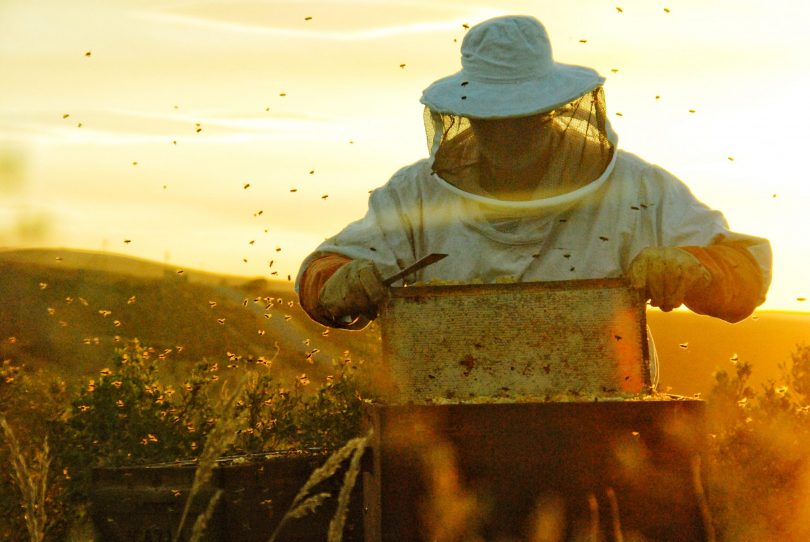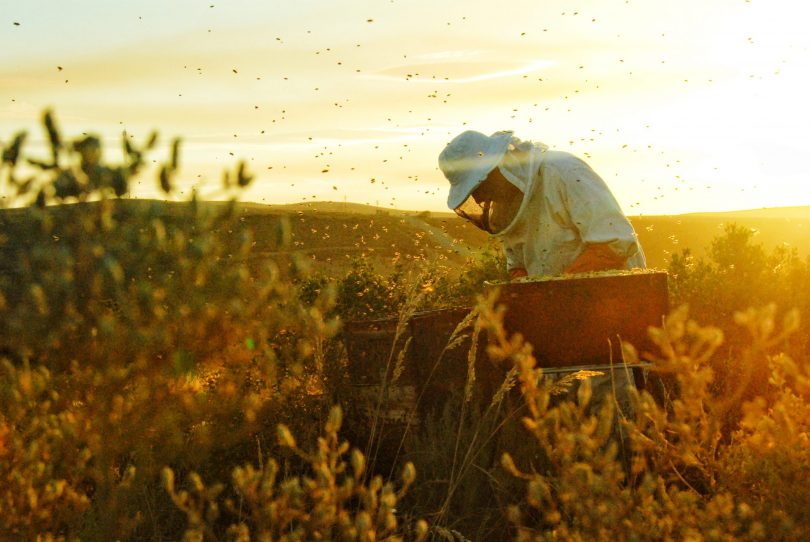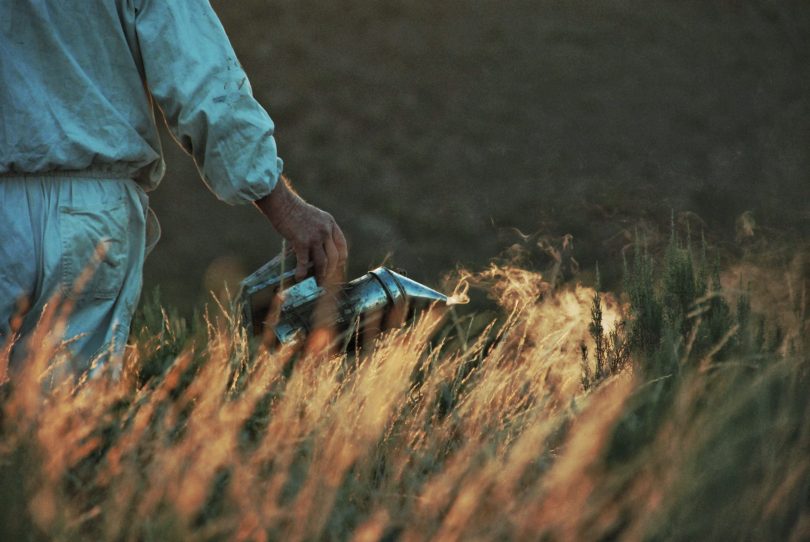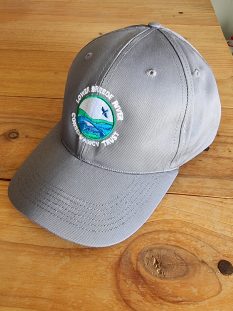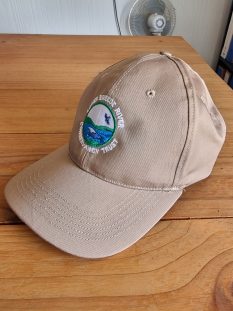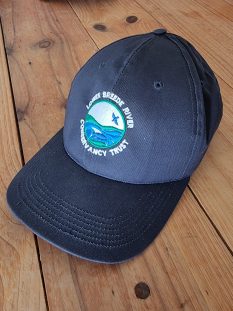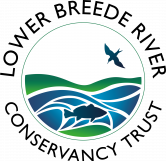

Issue 38
February 2022
Photo Competition Winner:
Arkhive Apiculture
Congratulations to Arkhive Apiculture! You have won a bottle of locally produced Sijnn 2015 Red wine.
Read more below about beekeeping (apiculture) at the Breede River with this family-run enterprise.
Arkhive Apiculture was established in 2007 by father and son team, Mike Oxley Senior and Junior. Today the company has many hive sites situated in and around the Cape Farmlands, but some of their favorites are right here at the Breede. We sat down with Mike Oxley Jnr to find out why:
Where did you passion for beekeeping come from?
Growing up on a family-owned farm, our passion for keeping bees was fuelled by our love for nature and all things outdoors.
How long have you been a beekeeper?
My dad was the first to show an interest, and attended a few beekeeping courses in between running another family business. Soon after finishing school, I was given the opportunity to apprentice under and later work for a third generation commercial beekeeper where I quickly learnt the trade. Two years later, the 'passion project' that my father and I started had quickly grown into a fully fledged commercial operation. Arkhive Apiculture was officially established in 2007, now making it 14 years old.
What led you to start beekeeping at the Breede?
We initially started with a few hives on family land. It didn't take long before we realised that the bees enjoyed the Breede River valley just as much, if not more so than we did, and so it was only natural for us to expand within the area.
How many apiaries do you have at the Breede? (An apiary is a collection of beehives)
Currently we have approximately 20 apiaries, however the actual number varies from season to season and is largely dependent on the different nectar flows.
What are the different types of honey produced from your Breede hives?
Harvesting varies every season and is largely dependent on the amount of rainfall as well as the type of crop local farmers choose to plant. Our main honey flows include Lucerne, Canola, and Bluegum. Our personal favourite, however, is the unique riverside fynbos flow present along the Breede River Valley.
What makes beekeeping at the Breede so special?
Anyone who has spent even a day or two at the Breede quickly realises that it is as though time stands still. Our trips to the river generally involve a good few days of hard labour, but this time spent doing what we love - working with the bees - in this environment is very rewarding.
What equipment do you use to keep bees?
Protective Clothing:
Overall, veil, thick socks and when the bees are really stinging, gloves.
The Smoker:
A devise used to gently blow cool natural smoke (pine needles) across the entrance to the hive. This is used to temporarily make the bees docile, and less likely to be aggressive.
A Hive Tool:
The number one tool used to leverage and move frames within a hive.
A Bee-brush:
For gentle removal of bees off the honey frames and other surfaces.
Why are bees important for the ecosystem?
Honey bee pollination is vital for approximately 250,000 species of flowering plants that depend on the transfer of pollen between the flowers' reproductive organs. Quite simply, there would not be much of an ecosystem without them.
Follow Arkhive Apiculture on Facebook and Instagram:
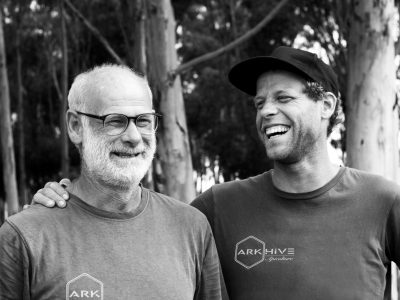
Monthly Monitoring
Water Quality and Bird Count
The LBRCT conducts a monthly bird count and water quality run on the Breede River. Both operations are conducted at spring low tide (full moon and new moon). The water quality run is to account for the pushing tide increasing the salinity of the water upriver as we travel and test. The bird count it is to observe and record the different species of birds as they forage on the exposed mudflats.
For the latest results please click here.
Temporary work over March school holiday and Easter weekend
We are looking to fill temporary holiday positions on both the West and East banks.
Time frame: 18th March to 18th April 2022
Applicants must be:
- Able to speak both English and Afrikaans
- Over 18 years of age
- Computer literate
- Physically fit
- Friendly and willing to engage with the general public
- Able to complete tasks without direct supervision
- Able to carry out relevant monitoring and recording of data
It would be advantageous if the applicant has:
- Own transportation
- Boating experience
- A drivers licence (Code B)
The LBRCT also offers accommodation based in Witsand.
Applicants will be paid weekly.
For more information, contact our office:
info@breede-river.org / 028 537 1296
Please be Vigilant and Drive Safely
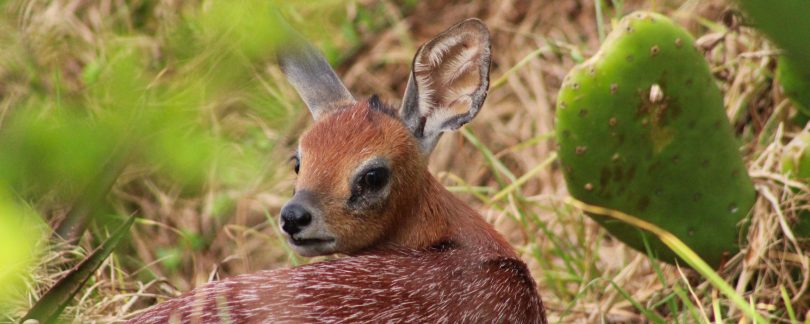
© Jason Oxley
Wildlife is killed and injured every day on our roads. These animals cannot move freely due to fences and built up areas. Please be vigilant and drive within the speed limits. A maximum speed limit of 80 km/h is recommended on all dirt roads, as well as on the tar road leading to Heidelberg at night.
Mission Statement
The mission of the LBRCT is to conserve and protect in a sustainable manner, the natural resources and living species in the biological and ecologically sensitive Breede River Estuary and the adjoining land areas while at the same time promoting safe and lawful recreational use.
If you take an active interest in, or use, the Breede River Estuary we hope that you will consider becoming a member of the LBRCT and support our endeavours by contributing to these efforts.
Help Protect our Natural Landscape
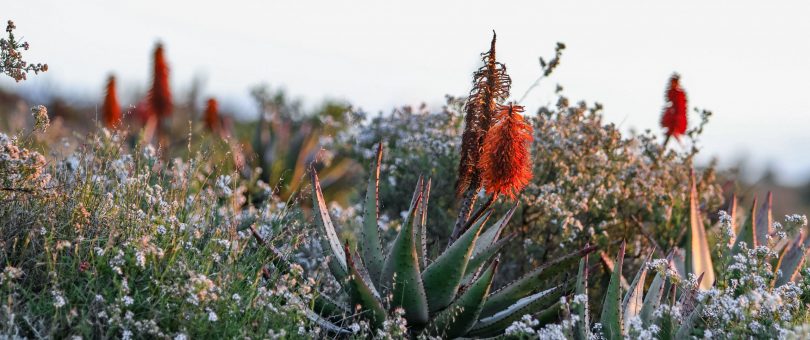
Did you know that the health of our estuary, and all living creatures that inhabit its surroundings, are negatively impacted by the loss of natural vegetation? This is because the fauna and flora are closely interconnected, and rely on each other for successful reproduction.
The high biodiversity of animals at the Breede can be attributed to the many different habitat types that occur within the region. Renosterveld is no exception. A large number of animals depend on this habitat type that occurs no where else in the world. Sadly, Renosterveld is Critically Endangered, with just 5% remaining overall.
Unlawful clearing of natural vegetation is a major problem along the Breede River. Despite efforts to protect vast areas of Renosterveld by the Overberg Renosterveld Conservation Trust, damage and removal still takes place on a regular basis. It the land owners responsibility to act as custodians of our beautiful landscape, so that we conserve what is left for the enjoyment of future generations.
Please read our new webpage summarising the important laws that protect natural vegetation along the Breede River:
https://breede-river.org/laws-protecting-natural-vegetation/
Included is information on Milkwood trees and reeds, as well as building regulations. We encourage you to share this link with your family members and neighbours.
Turtle season is around the corner!
Loggerhead turtles nest along the northern KwaZulu-Natal coast during the summer months, with thousands of hatchlings entering the warm and fast flowing Agulhas current during January and February. These hatchlings face a number of threats during their first dash to the ocean (ghost crabs and seabirds) as well as while drifting out at sea (fish, plastic and intense weather).
Drifting with the warm Agulhas current, many of these hatchlings are carried too far south and enter cooler water currents. These harsher conditions result in hatchlings washing up on our beaches after becoming weak and suffering from dehydration.
As the winter months approach the likelihood of strandings increase. The LBRCT is a proud partner of the Turtle Rescue Network, used to ensure the transport for these hatchlings to the rehab facility in Cape Town to receive appropriate treatment.
Once at the Two Oceans Aquarium, the turtles are kept until after winter, giving them enough time to heal and grow in size and strength to be released back into the ocean when our waters are warmer.
What to do if you discover a stranded turtle:
- DO NOT PUT IT BACK IN THE WATER!
- Place the turtle in a small container on something soft and dry with plenty of air holes (an ice cream container or lunch box is perfect)
- Do not remove any barnacles or external growths
- Get it to a Rescue Network Partner organisation ASAP
The LBRCT is a Rescue Network Partner
028 537 1296 / 064 774 3862
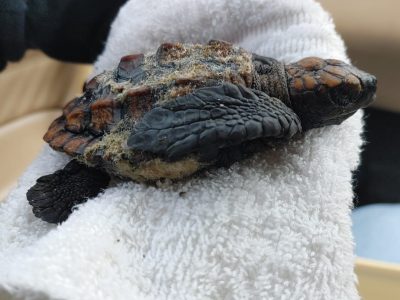
One of Witsand's loggerhead turtle rescues (left) made a steady recovery at the Two Oceans Aquarium (right).
Conservancy Caps for Sale
You can now be a proud ambassador of the Lower Breede River Conservancy Trust. Our embroidered peak caps are durable and come in a variety of colours, namely grey, khaki and charcoal.
Paid-up members - R200
Non-members - R250
If you would like to order one or more caps, please send an email to info@breede-river.org
An update on BREAF
The inaugural meeting of the revived Breede River Estuary Environmental Forum (BREAF) was held on the 1st of February 2022 in Swellendam. This forum establishes clear lines of communication between stakeholders and the different spheres of government.
We are happy to report that the first meeting went well; many concerns and challenges regarding the sustainable management of the river were tabled, and the proposal of establishing working groups was accepted. Stakeholders who are 'specialised' in a certain field will form working groups that are assigned portfolios on which to work before the following BREAF meeting (which are held quarterly).
The primary objective of the BREAF is to provide an understandable and justifiable rationale that will be used to develop the updated Breede River Estuary Management Plan for 2023.
Transgressions Report
Any boat making use of the Breede River requires a municipal boat licence.
Below is a report of the Municipal By-Law transgressions which have occurred on the Breede Estuary over the last three months:
Transgression | Number |
|---|---|
Operating a power boat with motor of more than 15 HP without being registered or licenced, without temporary permit or without a valid skipper's licence | 4 |
While exceeding the load limitations | 1 |
While not registered or licenced | 23 |
Fishing from a boat or vessel on a river while under motorised power | 1 |
Fishing without a valid permit | 1 |
Skiing without an observer | 1 |
